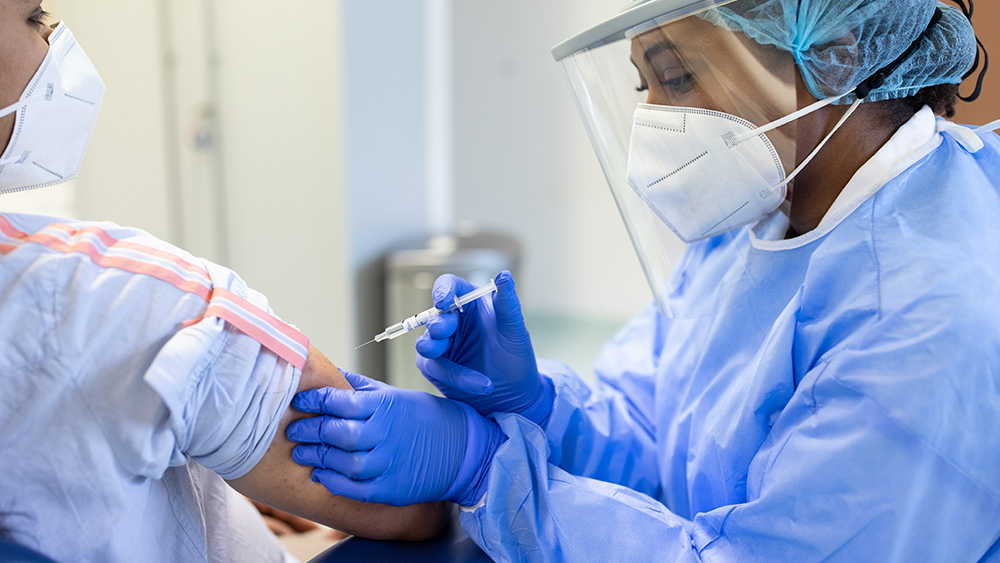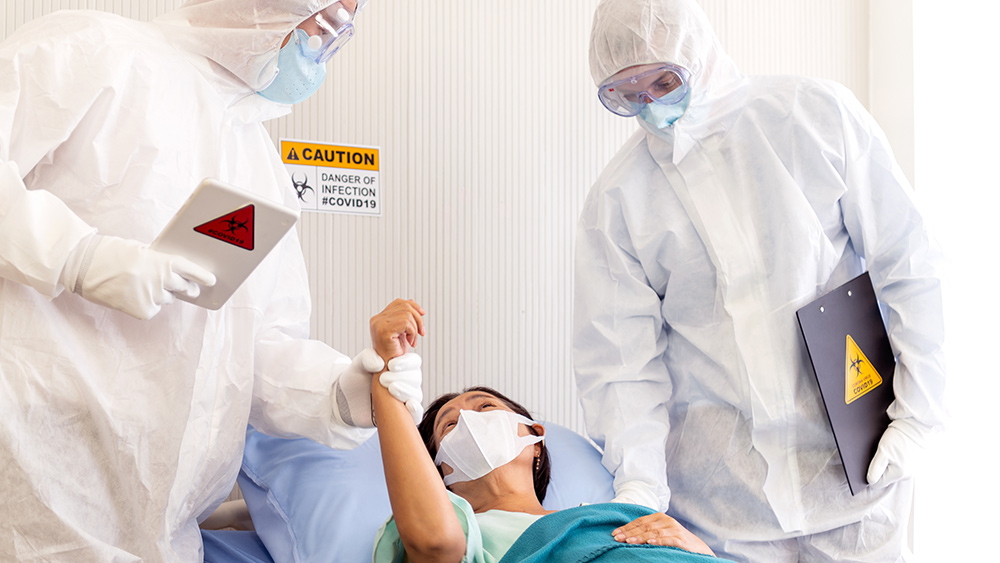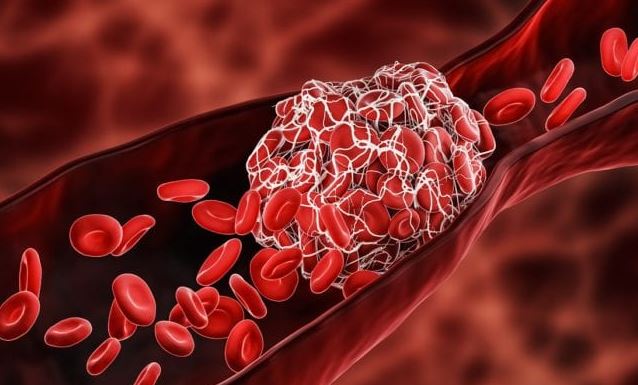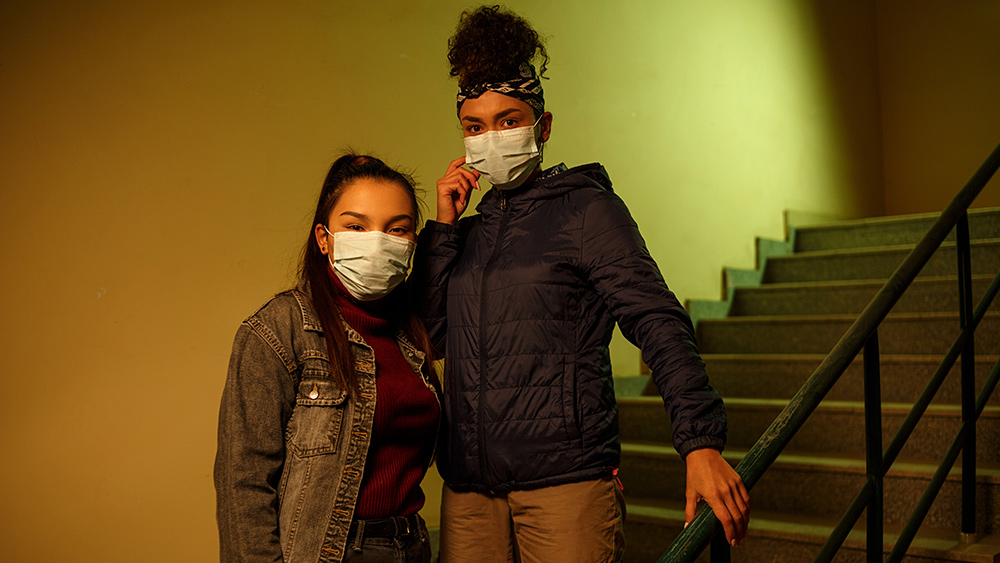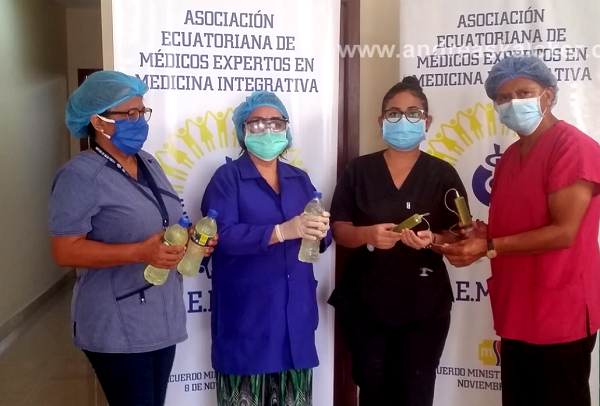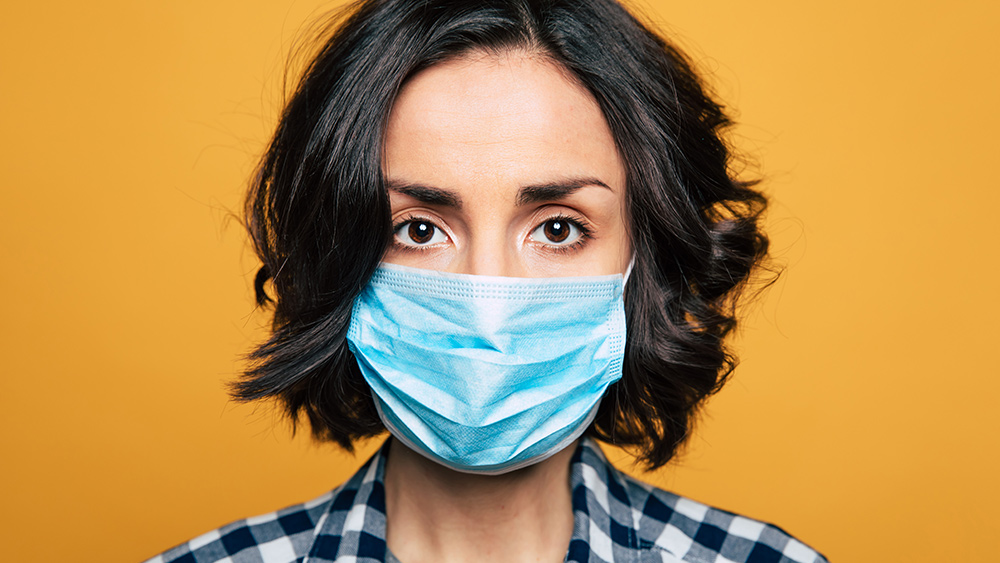Too many false positives: CDC perplexed after 146 homeless people in Boston shelter tested positive for coronavirus, but NONE had any symptoms
04/25/2020 / By Ethan Huff

As part of a coordinated response to the Wuhan coronavirus (COVID-19) pandemic, a local homeless shelter in Boston known as the Pine Street Inn recently tested 397 people who were staying there, 146 of whom tested positive for the coronavirus. But the odd thing is that none of them showed any symptoms.
Because there was a small cluster of known cases of the virus in Boston’s South End, testing was commenced at what would seem like a hotbed of potential infection: a homeless shelter. But much to the shock of local health authorities, nobody at the shelter was actually sick, despite some of them testing positive.
“It was like a double knockout punch,” stated Dr. Jim O’Connell, president of the Boston Health Care for the Homeless Program, which provides medical care to Boston’s homeless shelters. “The number of positives was shocking, but the fact that 100 percent of the positives had no symptoms was equally shocking.”
False positives have plagued current testing efforts, causing many scientists and health officials to believe an artificially high percentage of people are infected with the coronavirus. Many antibody tests, for example, produce far higher numbers of false positives than “true” positives.
“All the screening we were doing before this was based on whether you had a fever above 100.4 and whether you had symptoms,” O’Connell added. Seeming perplexed, he added, “How much of the COVID virus is being passed by people who don’t even know they have it?”
Listen below to The Health Ranger Report as Mike Adams, the Health Ranger, answers questions about lockdowns, flu fatalities, the nature of the Wuhan coronavirus (COVID-19), and much more:

Most of the new isolation beds set up for homeless people in Boston amid the coronavirus pandemic remain unused
The 146 people who tested positive at this particular homeless shelter were immediately moved to two different temporary isolation facilities, both located in Boston. In the end, only one of the infected individuals ended up needing hospital care, while the rest continue to show no symptoms.
The United States Centers for Disease Control and Prevention (CDC) says that it is “actively looking into” these results because they could be a game-changer for how virus testing is to proceed at a societal level.
“If we did universal testing among the general population, would these numbers be similar?” asks Lyndia Downie, president and executive director of the Pine Street Inn. “I think there are so many asymptomatic people right now. We just don’t know. We don’t have enough data on universal testing to understand how many asymptomatic people are contagious.”
In the coming days, authorities say they will be conducting additional tests at other Boston homeless shelters which could shed more light on how this thing is potentially spreading unnoticed because many of the people who catch it never end up showing symptoms.
“It tells you, you don’t know who’s at risk,” adds Marty Martinez, Boston’s chief of Health and Human Services. “You don’t know what you need to do to contain the virus if you don’t actually have the details or facts.”
Martinez says that the goal of his department is to test everybody at all Boston homeless shelters in the coming days in order to gain “a good understanding of who has it and who doesn’t.”
The problem with this plan, of course, is that the issue with high numbers of false positives still hasn’t been resolved.
More of the latest news about the Wuhan coronavirus (COVID-19) is available at Pandemic.news.
Sources for this article include:
Submit a correction >>
Tagged Under:
boston, CDC, Centers for Disease Control and Prevention, China, Chinese Virus, coronavirus, covid-19, disease, false positives, global emergency, Global Pandemic, homeless shelter, infection, novel coronavirus, outbreak, pandemic, testing, testing kits, virus, Wuhan, Wuhan coronavirus
This article may contain statements that reflect the opinion of the author


